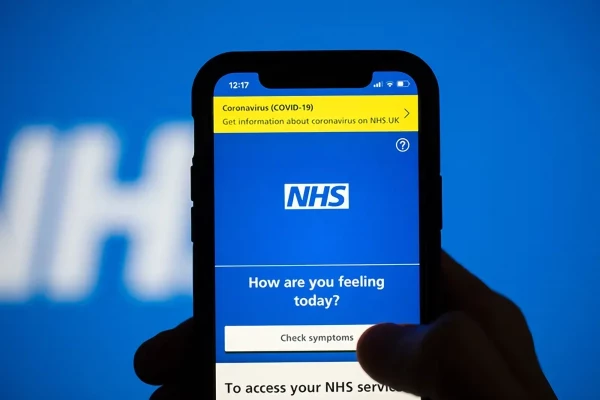We use cookies to help provide you with the best possible online experience.
By using this site, you agree that we may store and access cookies on your device. Cookie policy.
Cookie settings.
Functional Cookies
Functional Cookies are enabled by default at all times so that we can save your preferences for cookie settings and ensure site works and delivers best experience.
3rd Party Cookies
This website uses Google Analytics to collect anonymous information such as the number of visitors to the site, and the most popular pages.
Keeping this cookie enabled helps us to improve our website.
Practice News
All the latest news and information from the surgery and our patient community
 Children's Winter Hub
For 0 to 11 years. For patients of the Go West PCN practices. Read more...
07/11/2025
Children's Winter Hub
For 0 to 11 years. For patients of the Go West PCN practices. Read more...
07/11/2025
 Cervical Screen Results Via The NHS App
From September 2025 negative cervical screen results may be sent to patients via the NHS App. Read more...
12/08/2025
Cervical Screen Results Via The NHS App
From September 2025 negative cervical screen results may be sent to patients via the NHS App. Read more...
12/08/2025
 Weight Loss Injections (Mounjaro)
These injections are not routinely available on the NHS unless you meet strict national criteria. PLEASE READ
26/06/2025
Weight Loss Injections (Mounjaro)
These injections are not routinely available on the NHS unless you meet strict national criteria. PLEASE READ
26/06/2025
